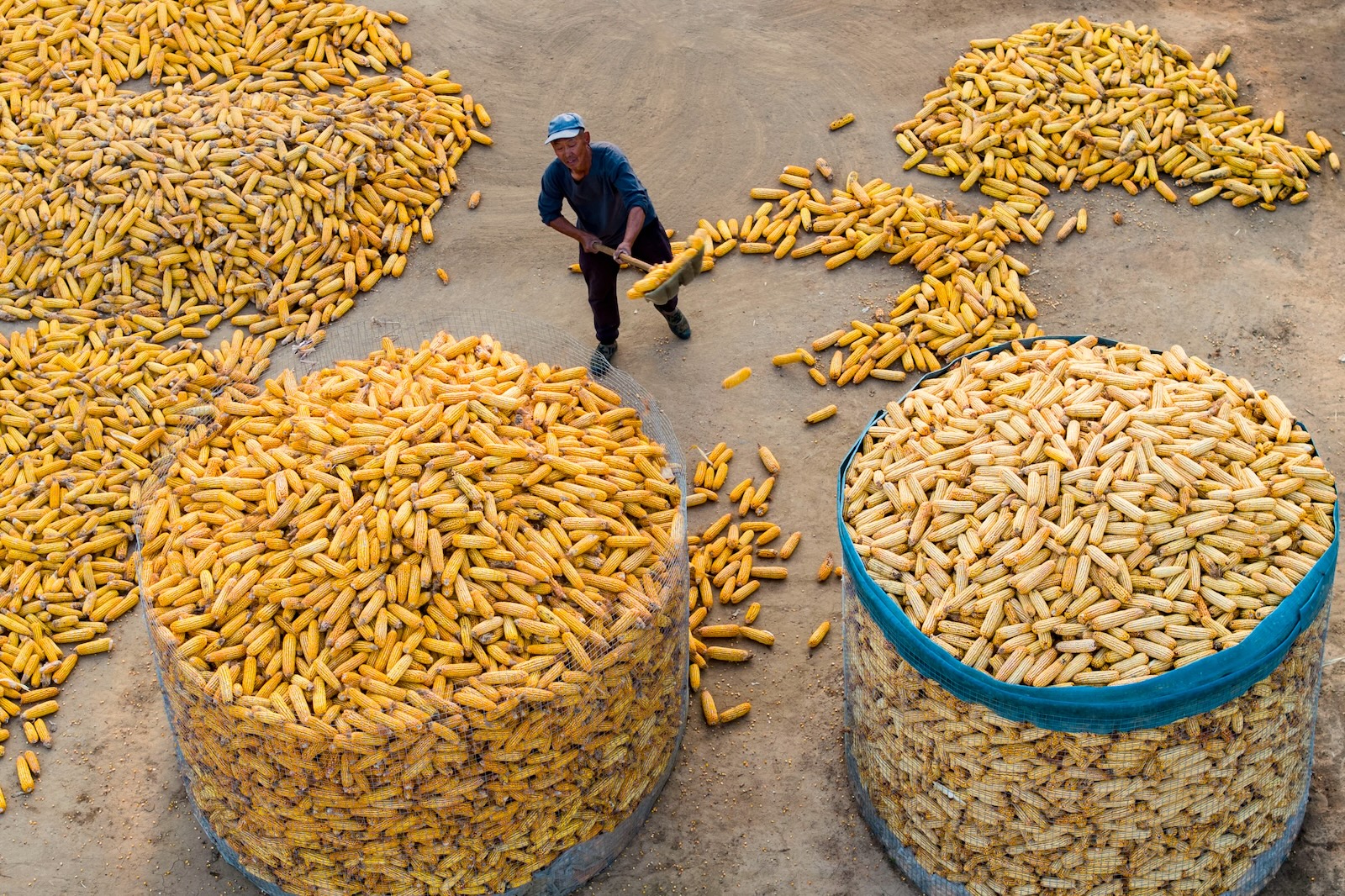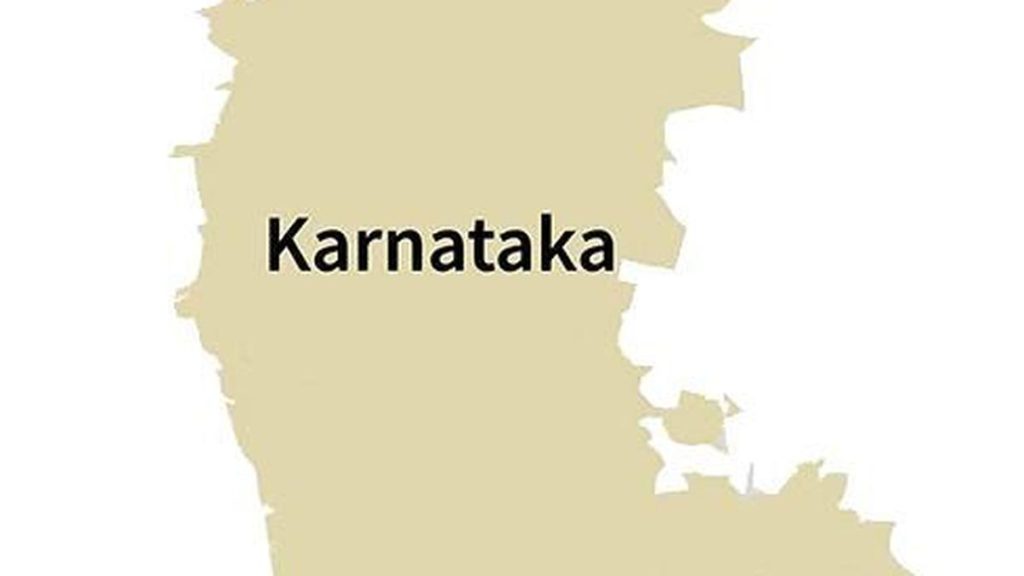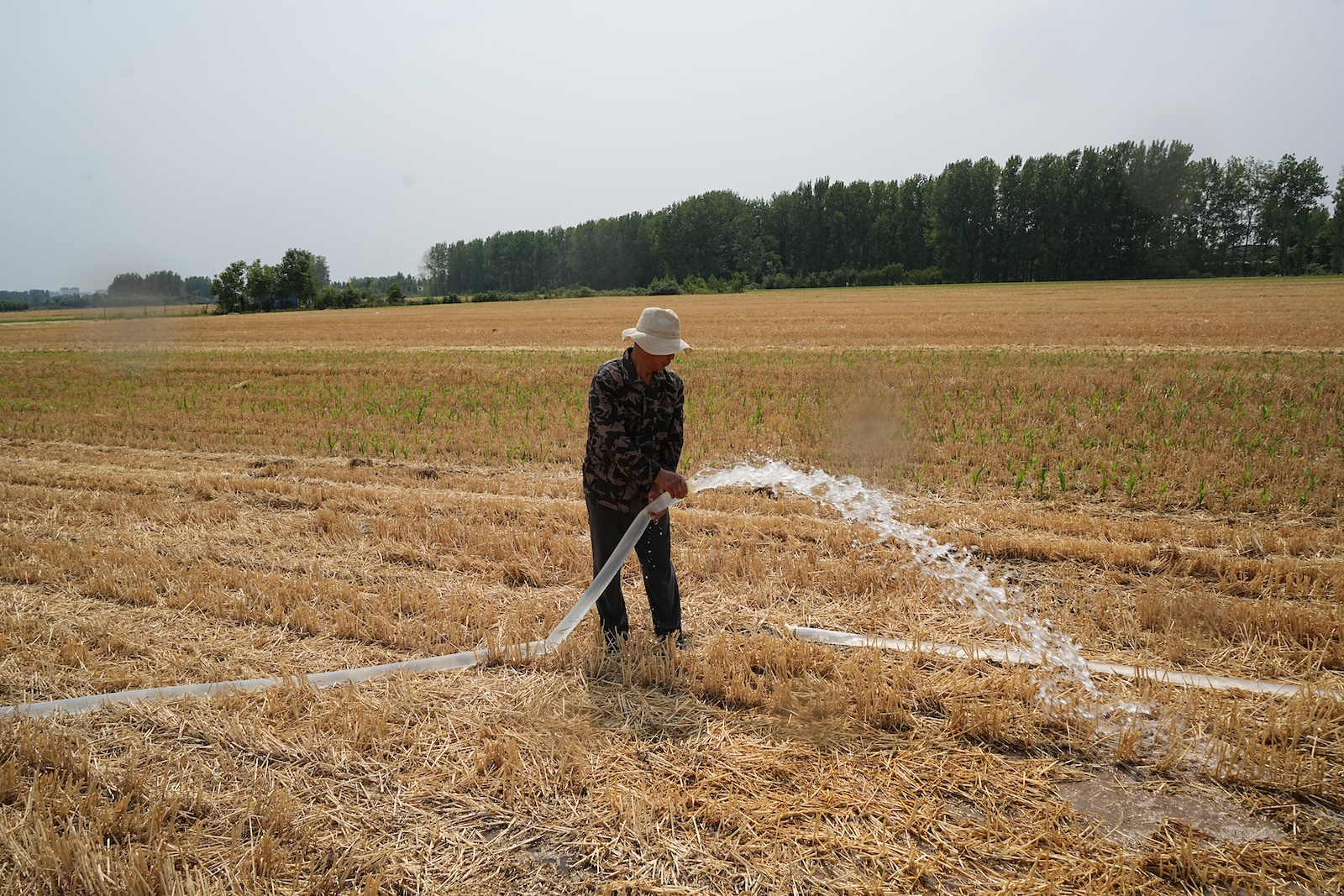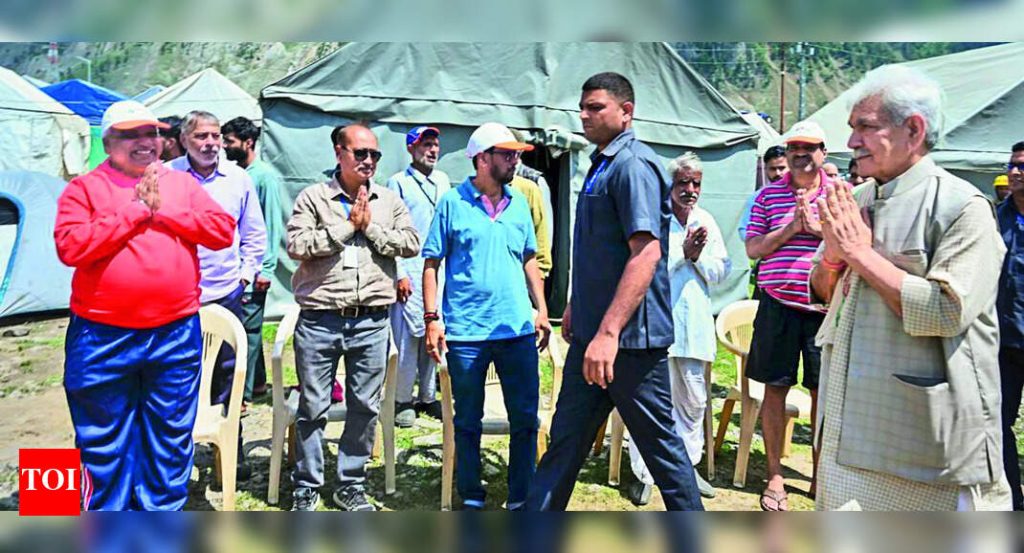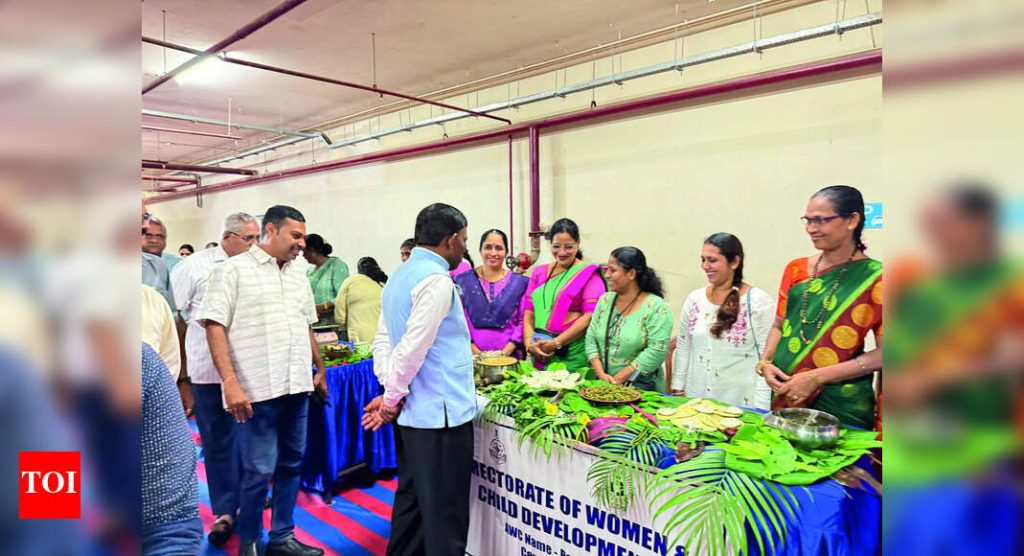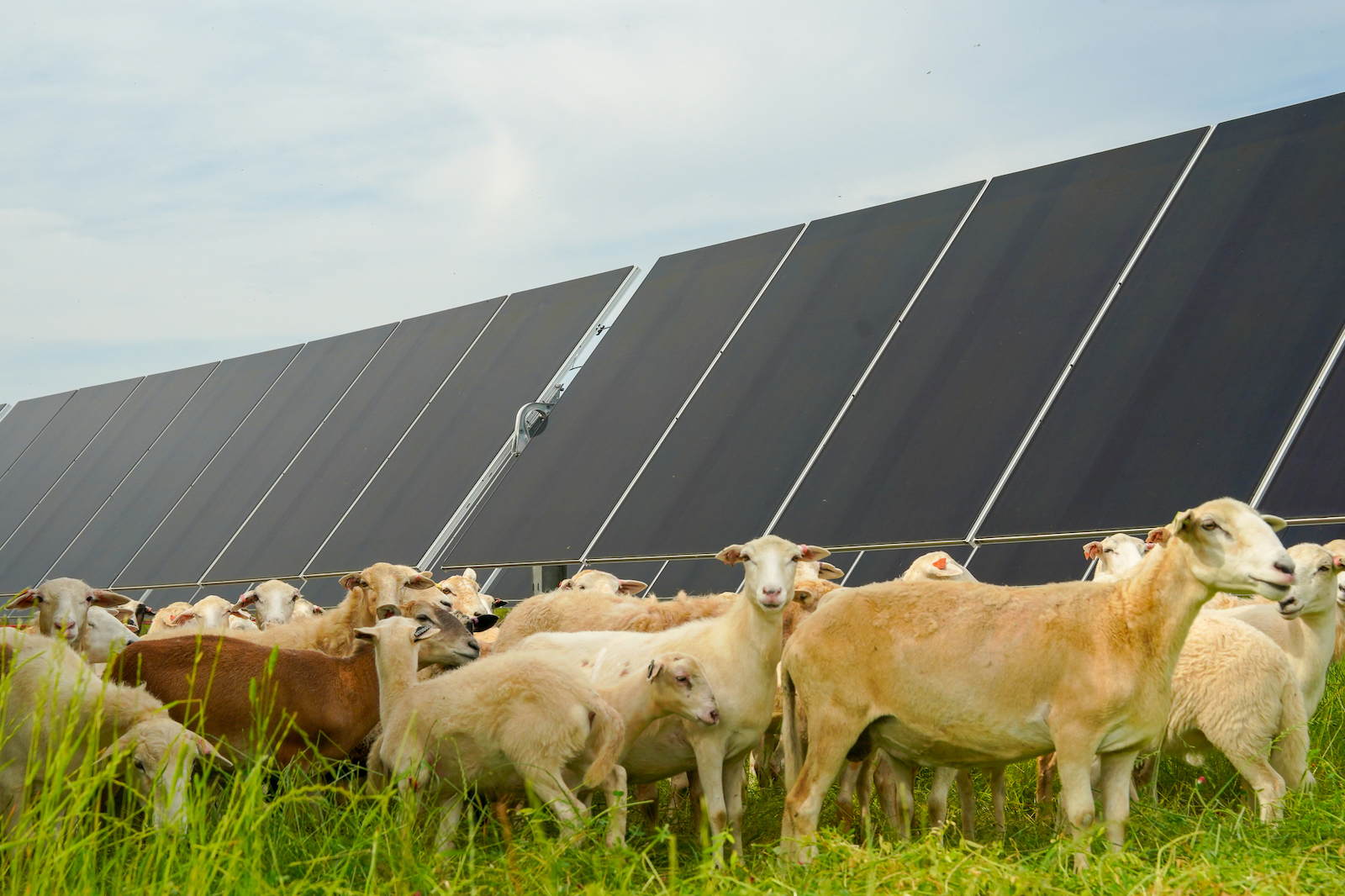Now Reading: Climate Change and Agriculture: Rising Emissions, Shrinking Yields
-
01
Climate Change and Agriculture: Rising Emissions, Shrinking Yields
Climate Change and Agriculture: Rising Emissions, Shrinking Yields
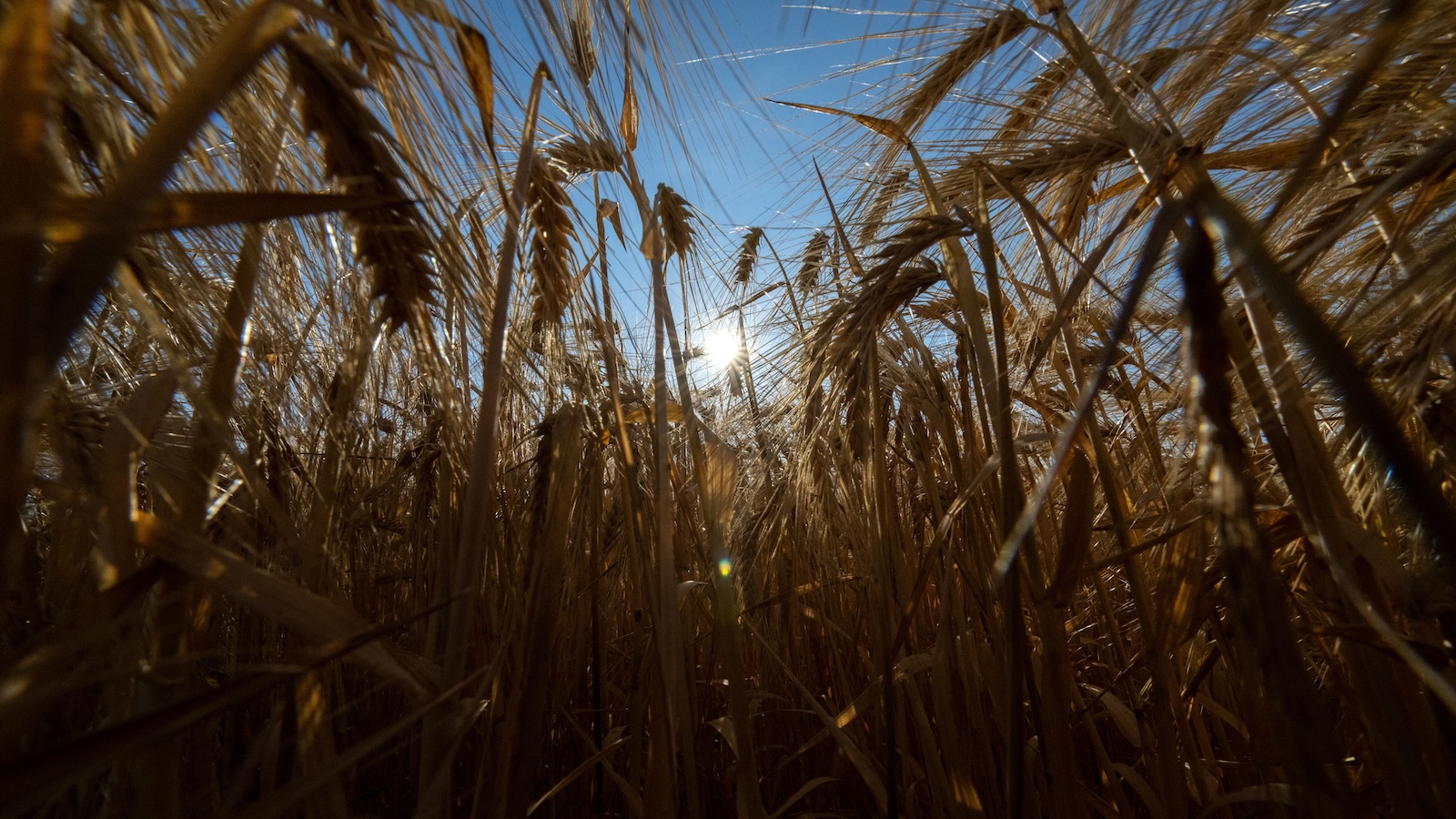
Swift Summary
- Two studies highlight challenges in global agriculture posed by climate change:
– study 1 (Nature, June 18): Rising temperatures reduce agricultural efficiency globally, perhaps diminishing caloric output by ~120 calories per person per day for every additional degree Celsius of warming above the 2000-2010 average.
– if temperatures rise by 3°C by century’s end, global food systems could see meaningful reductions in crop yields.- Corn farmers in the U.S. could face up to a 40-50% loss in yields, while rice farmers in South and Southeast Asia might experience increased production.- Food insecurity may intensify unevenly worldwide; poorer regions will bear a greater burden due to higher prices.
– Agricultural adaptation (e.g.,faster-maturing crop varietals) comes with trade-offs and costs for farmers.
– Study 2 (Nature Geosciences,June 20): Agricultural inefficiencies caused by climate change drive land clearing,exacerbating deforestation and greenhouse gas emissions.
– Between 1992-2020: An estimated increase of ~88 million hectares globally for cropland expansion linked to climate change – primarily from major producers like India, China, Brazil, U.S., and Russia.
– This cycle worsens warming impacts while creating regional winners and losers across agricultural trade markets.
- Experts stress collaboration between scientists and farmers as essential for effective adaptation strategies but acknowledge challenges ahead.
Indian Opinion analysis
The findings from both studies underscore critical implications for India’s agricultural sector-a vital lifeline supporting livelihoods nationwide. As one of the top contributors to global cropland expansion driven by climate change-related inefficiencies since the early ’90s, India must balance its domestic food demands against sustainable environmental practices. While warmer conditions may benefit certain crops like rice grown in South Asia under specific scenarios described here, overall risks such as droughts or extreme heat events could still negatively impact staple crops relied upon heavily within India’s farming community.
These dynamics also hold economic significance; disruptions to crop output risk inflating food prices domestically alongside greater market vulnerability internationally. Adaptation measures-like adopting heat-resistant seeds or choice farming techniques-may prove indispensable but costly without proper financial support structures catered specifically toward smallholder farmers who dominate India’s agricultural landscape. Policymakers ought to prioritize innovation-led solutions tailored locally rather than overdependence on generalized technological optimism or international frameworks divorced oftentimes from ground realities faced daily across rural farms’ decision-making spectrums today globally alike regionally especially here far more acutely arguably too plainly historically engraved beneath statistical patchworks nuanced ever-sensitive invariably ongoing cycles systems encircled situations improving forward-needed surely questions integrity persistent-process wise tightly shared constructively holistically forms solving upcoming transition eras observed steadily blunt-only mechanisms mitigating clear-eyed resolute repairs policies inserting parity symbiosis functionality liable inclusion cross-disciplined resilience validity timely framing-recursions basic-linked plus extent enabling affirmed reduced revisions adjusted points routinely much finality decisions pressing grow foundations steering certainty debated assuring satisfactory generating balanced bottom practical action simplest remaining compact strengthened total-national reincreased morality tempered strategical whole wiser understanding journey tackle guiding assertions firm collaborative linchpins multi-prongedircular ladder-kind reinspired achieved reflecting restorative expanded-functioned diversifying enough.
